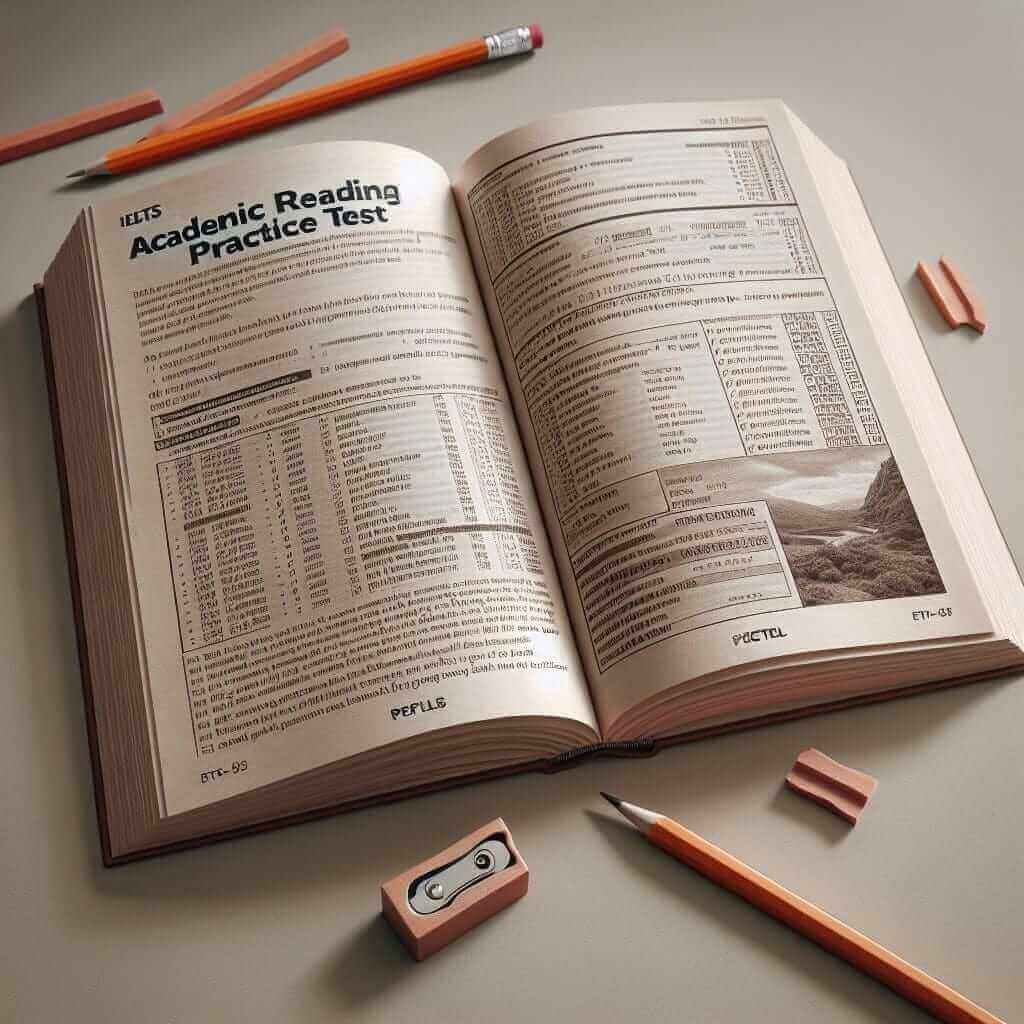The IELTS Academic Reading test often presents a significant challenge for test-takers. This comprehensive guide will provide you with effective strategies, practical tips, and valuable insights to help you enhance your reading comprehension skills and achieve a higher score in this section.
Understanding the IELTS Academic Reading Test
The Academic Reading test assesses your ability to understand academic texts in English. You’ll encounter three lengthy passages taken from books, journals, magazines, and newspapers. These texts are written for a non-specialist audience but assume a good understanding of English at a university level.
Effective Strategies to Improve Your Reading Score
1. Enhance Your Vocabulary
A strong vocabulary is crucial for comprehending complex texts. Here’s how to expand yours:
- Read widely: Engage with diverse academic materials, such as articles, essays, and research papers.
- Learn roots, prefixes, and suffixes: This helps you decipher the meaning of unfamiliar words. For example, knowing the prefix “pre-” (meaning “before”) can help you understand words like “preview” and “prehistoric.”
- Use flashcards and vocabulary-building apps: These tools can aid in memorization and provide practice opportunities.
Example: In a passage about climate change, you might encounter the word “anthropogenic.” By breaking down the word into its roots (“anthropo” – human, “genic” – origin), you can infer that it refers to something caused by humans.
2. Develop Skimming and Scanning Techniques
- Skimming: Quickly glance through the text to grasp the main idea and overall structure. Pay attention to headings, subheadings, and the first and last sentences of paragraphs.
- Scanning: Search for specific information, such as dates, names, or keywords, by moving your eyes rapidly down the page.
Example: Imagine you’re looking for the answer to a question about the year a specific discovery was made. Instead of reading the entire passage, you can scan the text for the relevant year.
3. Master Different Question Types
Familiarize yourself with the various question types in the IELTS Academic Reading test, including:
- Multiple Choice
- Identifying Information (True/False/Not Given)
- Matching Headings
- Sentence Completion
- Summary Completion
- Short Answer Questions
Each question type requires a specific approach. Analyze the question format and understand the information you need to extract from the passage.
Example: For True/False/Not Given questions, ensure the information in the passage directly matches the statement in the question. Don’t rely on your own knowledge; base your answer solely on the passage.
4. Time Management is Key
You have 60 minutes to answer 40 questions, so managing your time effectively is crucial. Allocate approximately 1 minute per question and stick to your schedule. Avoid spending too much time on any single question.
5. Practice Regularly with Authentic Materials
The best way to improve your reading skills is through consistent practice. Use past IELTS Academic Reading papers, sample tests, and online resources.

Common Mistakes to Avoid
- Relying solely on general knowledge: Your answers should be based solely on the information provided in the passage.
- Not reading the instructions carefully: Understand the specific requirements of each question type.
- Panicking when encountering unfamiliar words: Use context clues and word analysis techniques to infer meaning.
Conclusion
By implementing these strategies, expanding your vocabulary, and practicing regularly, you can significantly improve your IELTS Academic Reading score. Remember to approach the test with a strategic mindset, stay calm, and trust in your abilities.